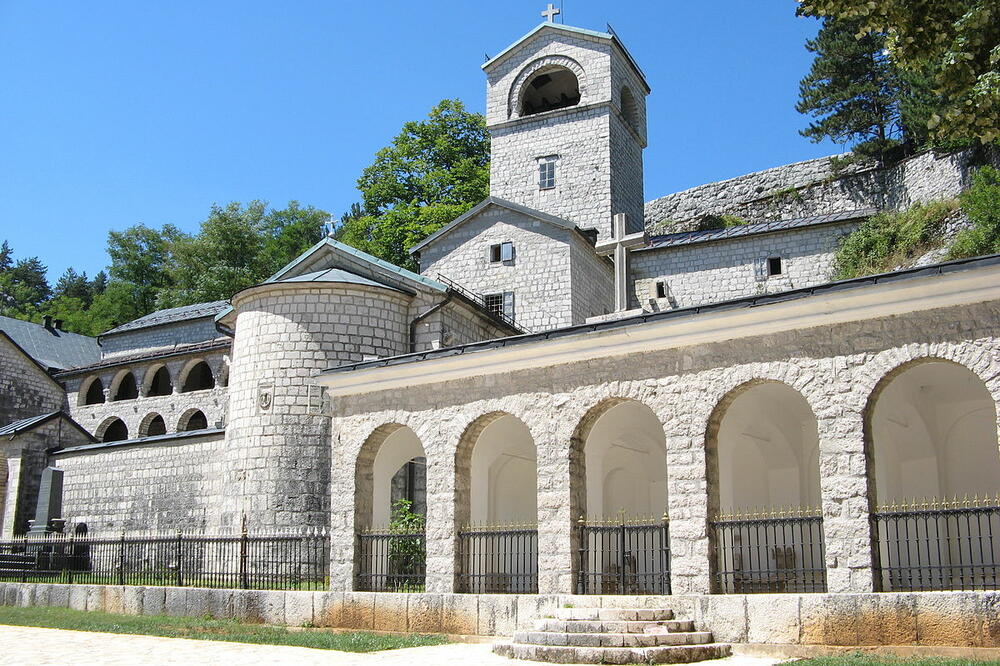The past few days in Montenegro did not look like a holiday or pre-holiday at all. For a long time, it seems, there is no longer the spirit of "Pre-Holiday Eve", even when it happens that the same days bring us religious and secular holidays... After all, some moods are not for elegant poetry for a long time, it seems that the more suitable medium is "convulsive" prose.
The current debate on the Basic Agreement with the SPC is causing quite a bit of bile. I must say that it is unclear how the government perceives the so-called transparency. By the way, it seems to the observer that even in the Government they still don't know what they have to sign. (In addition to signing at the crossroads, and with his own blood...)
It would be interesting to analyze the expectations from that and such an Agreement. What does anyone expect? Who is preparing to "rejoice" and why? Are the "external" elements more important than the content? Who will sign, will Vučić win another senseless victory? Over whom? Is Porfirije allowed to come to Cetinje? Many questions are open.
Someone will say that a fundamental overhaul is more necessary here than the Basic Agreement, but a different consent is required for that.
A special tone is given by the gloomy atmosphere of the state war with the mafia (there are some old contracts in force, one would say), where you have long been unsure who is who and with whom; we had a brutal murder in Mojkovac, then death threats to the Deputy Prime Minister, and constant spitting everywhere you turn.
Everything is humiliated. I realized the other day that even female teachers, once semi-mythical figures of our upbringing, look somewhat different today... They sing different songs, and are more vocal about science that does not belong to female teachers.
Then, when you see the video of how Erdogan primitively jubilantly leaves Ursula von der Leyen standing, because the protocol "forgot" a chair for her, you realize that not only the old teachers have disappeared. There are fewer and fewer polite gentlemen, at least among politicians. A consciousness that is able to enjoy the humiliation it inflicts on its guest explains itself quite precisely.
"That euphoria, exaggeration, division, not to mention hatred, is something that is not natural for us, but I perceive (it) as the result of some liberation that we experienced, and we did not channel it in the right way," said Prime Minister Krivokapić in the Assembly.
Is the prime minister right when he says that all this is not "natural for us"? (Which of us?) Of course, all this is not natural for anyone, but it is not exactly that we are not familiar with it. Wasn't all "traditional" Montenegro (which so easily likes to be idealized) made of supremacy and cruel divisions, naked and tough hatred... That bloody confusion is the only refrain of our history.
The wording about "liberation" is even more clumsy. Because can hatred be the result of any kind of liberation, or is there something confused? Liberation that is not liberation from hatred is just a new form of slavery, and that of the most banal possible.
It's usually like that: liberators talk too much about liberation. Perhaps this is normal, but if the effects of that "liberation" were more visible in everyday life, there might be less need to remind us that we are liberated. Although it is not yet visible.
And this is how those things looked in Athens, in the XNUMXth century BC, and that was the time of the greatest rise of the wonderful city. That rise is largely linked to a grandiose political figure. The Golden Age of Athens is also called the "Age of Pericles". Here is a bit of moral exotica from that time: "One night Pericles was returning from his seat, followed by one of his slaves, who was carrying a torch; he was followed by a man who hurled abuses and insults at him the whole way.
Pericles did not look at it at all, but when he reached his house he turned to the slave and said to him: Send this man home" (HDF Quito, "The Greeks"). This will not happen in Montenegro. Of course, only because there are no more slaves, and public lighting has been around for a long time...
Bonus video:





